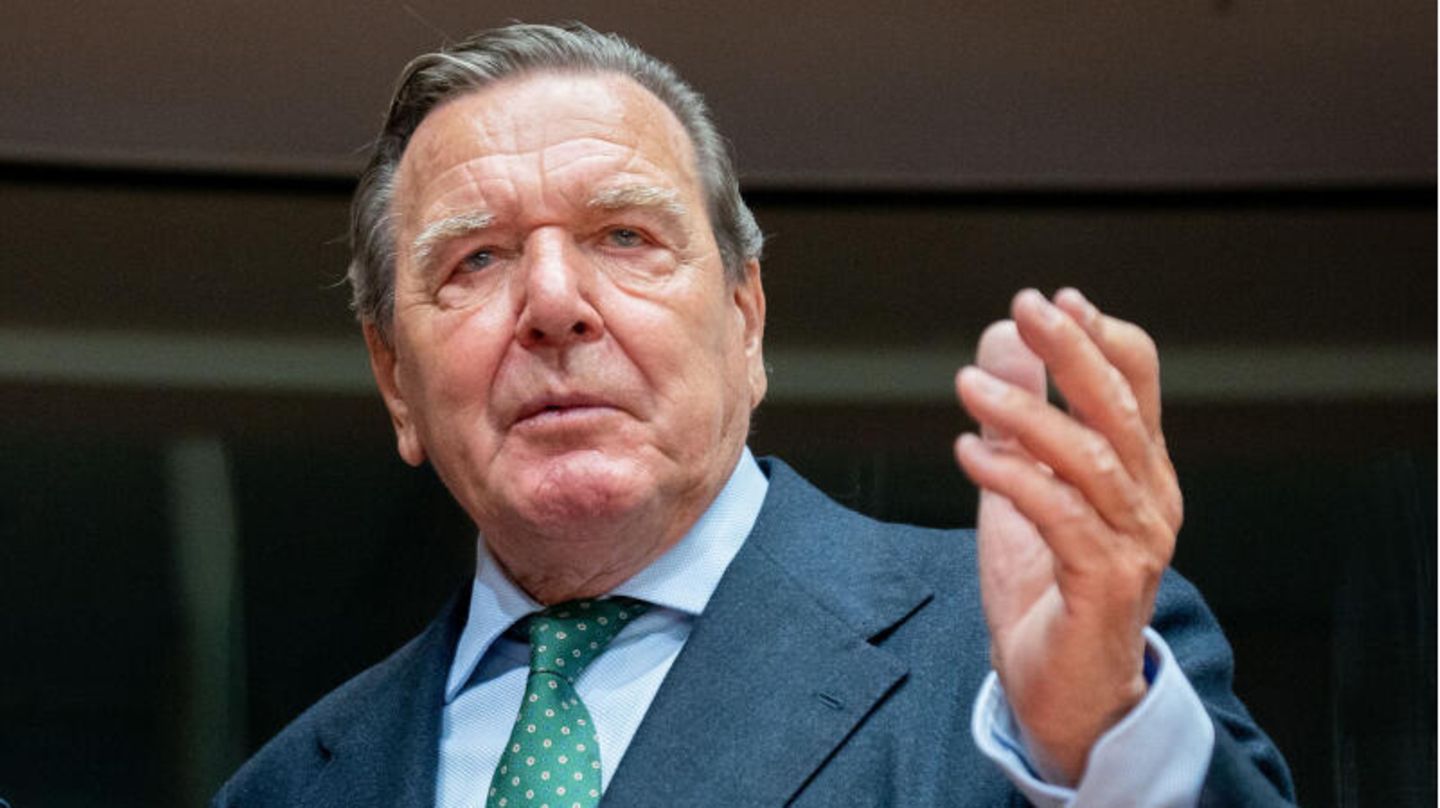
Former German Chancellor Gerhard Schröder, who has come under fire for not severing his Russian business ties following Russia’s invasion of Ukraine, will have to give up his office at the German Parliament (Bundestag), a parliamentary budget committee ruled Thursday.
Germany’s governing coalition — led by the Social Democrat Party (SPD) of which Schröder is still a member of and the party he once led — decided to cut back Schröder’s special rights as a former chancellor, following his ongoing business ties to Russia, a statement posted on the website of the Bundestag said. The former chancellor will however still continue to receive a pension and personal protection, the statement added.
Schröder, 78, led Germany as chancellor from 1998 until 2005 and is known for his long time personal relationship with Russian President Vladimir Putin.
Schröder also faced calls from the European Parliament on Thursday to be sanctioned due to his ongoing business and political links to Russia. A resolution by the EU Parliament said that EU sanctions following the invasion of Ukraine should be extended “to the European members of the boards of major Russian companies and to politicians who continue to receive Russian money.”
The resolution named former Austrian chancellor Wolfgang Schüssel and former French prime minister François Fillon as two examples who recently resigned from their positions in Russian companies — and ”strongly demands that others, such as Karin Kneissl (a former Austrian foreign minister) and Gerhard Schröder, do the same.”
Schröder currently holds leading positions with Russian energy companies Nord Stream 1 and 2 and the oil company Rosneft, where he is chairman of the supervisory board. Schröder is also slated to take on a supervisory board post for Kremlin-controlled Gazprom.
In March, German Chancellor Olaf Scholz asked Schröder to resign from his multiple positions at Russian state-owned companies, saying that Schröder’s Russia connections are in the public interest. Politicians across Germany rebuked the former chancellor for months for not cutting business ties with Russia. In early March, Schröder’s own team at the Bundestag resigned in protest having failed to persuade him to severe his business links to Russia.









